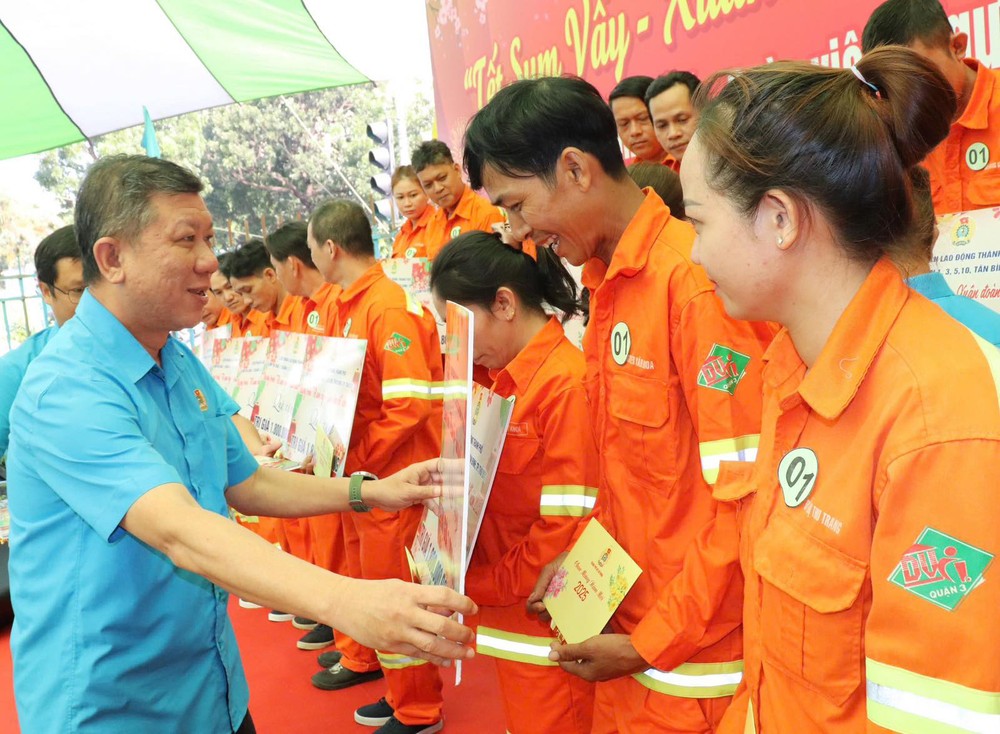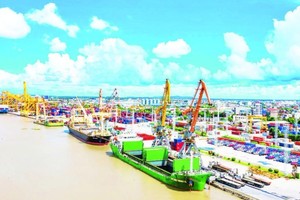
This was heard at yesterday afternoon’s meeting of the Government Standing Committee with ministries and agencies to assess the Lunar New Year (Tet) 2025 and deploy key tasks chaired by Prime Minister Pham Minh Chinh. According to reports, the purchasing power of goods during the Tet holiday was estimated to increase by 10 percent compared to normal months and compared to Tet 2024.
Moreover, during the Tet holiday, there were 411 traffic accidents nationwide, killing 191 people and injuring 354 people, a decrease of 38 percent - 40 percent in the number of cases, deaths and injuries compared to the same period of last year.
Tourism activities continued to flourish with 12.5 million domestic visitors. Authorities in localities across the country provided aid and gifts to over 13.5 million beneficiaries, representing more than 13 percent of the population, with a total budget exceeding VND8,000 billion.
Additionally, nearly 3.8 million individuals, including those under social protection programs, the elderly, and disadvantaged children, received Tet support valued at nearly VND2,600 billion.
Speaking at the meeting, Prime Minister Pham Minh Chinh affirmed that the preparations and celebrations for the Tet holiday generally met the set goals, following the directives of the Secretariat, the Government, and the Prime Minister. The festivities fostered a vibrant, united atmosphere nationwide, providing momentum for a strong start to 2025.
Notably, the number of traffic accidents, fatalities, and injuries during the nine-day Tet holiday all declined, highlighting the effectiveness of Decree 168 on administrative sanctions for road traffic violations.
The Prime Minister called for immediate and decisive action from all ministries, agencies, and localities in implementing 13 key task groups and 67 specific actions identified as priorities following the Tet holiday. Simultaneously, he underscored the critical importance of thorough preparations for the upcoming extraordinary National Assembly session.
Furthermore, he directed a continued focus on the timely completion of ongoing strategic infrastructure projects, while emphasizing the need for robust planning and preparation for the implementation of major future projects, such as high-speed railway lines and nuclear power plants.
























